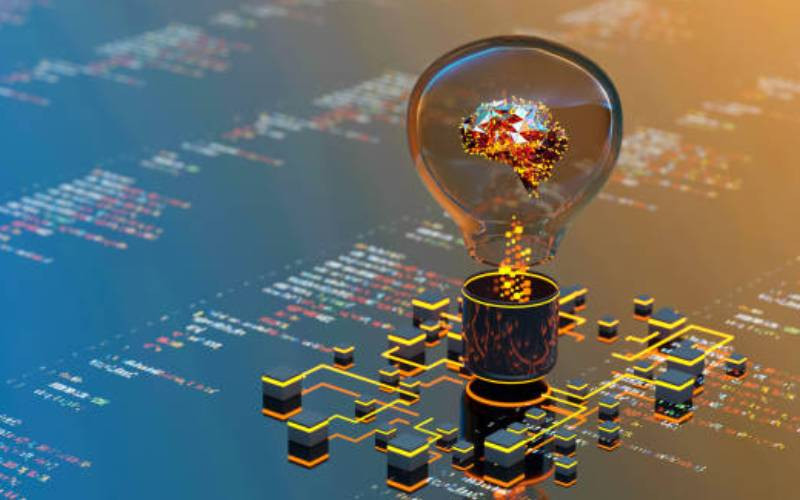×
The Standard e-Paper
Home To Bold Columnists

Throughout mankind's history, sudden spikes of technology have often disrupted the existing order, sometimes irreversibly.
A memorable example is when the famed physicist Albert Einstein postulated his theory of relativity at the turn of the last century. Despite much resistance from contemporary scientists, relativity completely antiquated the existing knowledge of stellar mechanics- and practically rubbished a large portion of Sir Isaac Newton's discoveries.







